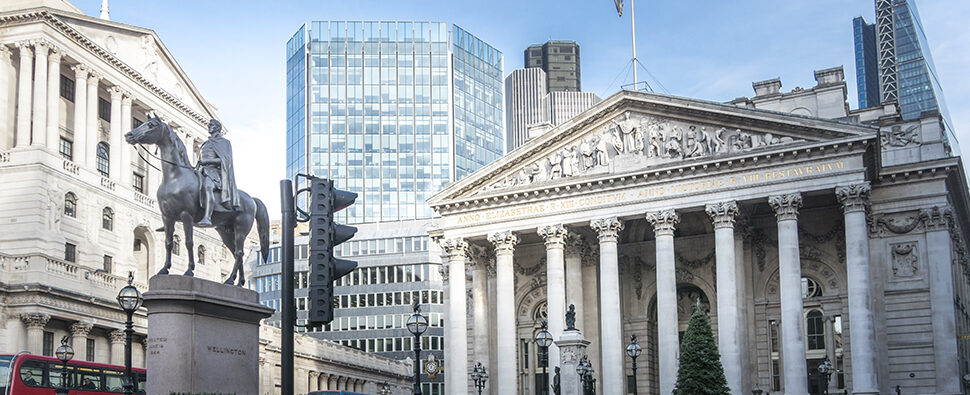

Bank of England raise UK interest rates
Will you be affected? Vincent Burch investigates.
For the first time in a decade, the 0.25% borrowing rate has increased to 0.5%.
While this may seem a small rise, the result will affect both homebuyers and savers. The average homebuyer will now face growing mortgage costs, while savers can look forward to better returns.
The average UK homebuyer with a £175,000 mortgage will see it increase by £22 per month. The new interest rates also mean first-time buyers with a £100,000 tracker mortgage will pay an additional £12 per month. But what about fixed rate mortgages?
It's estimated that 57% of homeowners have fixed rate deals. Therefore, despite today's news, their monthly payments will not increase. However, if you use a two-year fixed rate mortgage, your next deal will most likely be more expensive. Those who fail to remortgage will face their lender's standard variable rate, which are expected to raise significantly.
However, figures obtained by the Resolution Foundation suggest just 11% of homeowners will be affected by the rise. This is down 8% from ten years ago, when the borrowing rate was last changed. This is due to the decrease in home ownership and the increase in fixed-rate mortgages.
What will happen if interest rates continue to rise?
It's expected that borrowing rates will face another 0.25% increase by 2018. There is potential for a second increase, taking the base rate for the Bank of England to 1%. As a result, the average UK homeowner will see their mortgage rate rise to £67 per month (based on a £175,000 mortgage). This is not great, but probably manageable for most households.
Landlords will be significantly affected by the rise in base rate, as most have an interest-only mortgage. Therefore, those with £200,000 buy-to-let deal will face £40 extra monthly costs. On the other hand, most conventional buyers on a repayment mortgage will only face £25 extra cost.
But what about savings rates? Will they improve?
Unlike mortgage rates, which are raised immediately, savings rates often rise later. However, it is expected for lenders to pass on the 0.25% increase to savers. But don't get too excited just yet. It is believed that this raise will only apply to variable rates savings accounts.
Also, most banks benefit from government funding schemes, so generally do not chase after savers cash. Therefore, most savers will find it difficult to gain more than 1% interest on a standard ISA.
If you have questions about how the increase in interest rates will affect you, please get in touch with the Vincent Burch team. Give us a call on 01603 340 644 or email [email protected].
Get a Mortgage Quote
Advice that’s tailored to your own bespoke situation.
Enter your contact details and we’ll contact you back within 1 hour (during normal business hours).

No Broker Fee*
Let Vincent Burch Mortgage Services arrange the best mortgage available for your circumstances.
To request a phone call from one of our advisors, please submit your details above and we will contact you at the earliest possible time.